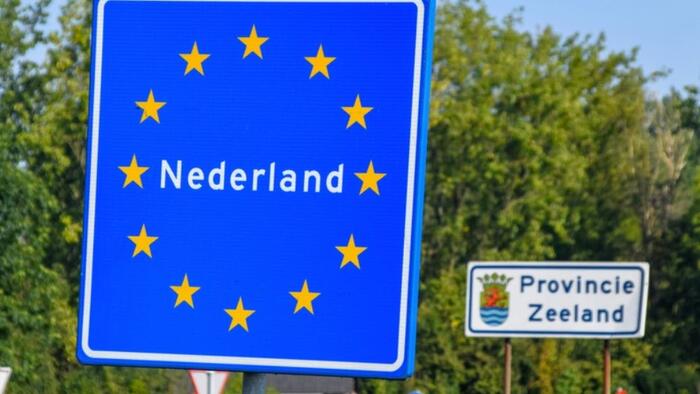The Netherlands has announced a significant policy change regarding immigration management, as it plans to reintroduce internal border checks beginning December 9. This decision stems from ongoing challenges related to illegal immigration, a situation that has prompted the government to take decisive action. The proposal was put forth by Marjolein Faber, the Asylum and Migration Minister and a member of Geert Wilders’ Party for Freedom (PVV). With the Council of Ministers’ approval, these checks will be in place for an initial duration of six months. The government’s press release indicated that the primary aim of this initiative is to reduce irregular migration into the Netherlands, thereby ensuring stricter immigration controls.
Minister Faber has been vocal about the need for this policy shift, dismissing the naysayers who claimed such actions were not feasible within the context of European regulations. Faber asserted her determination to tackle migration issues directly, stressing that the government must take all necessary measures to regain control over immigration. This sentiment echoes broader concerns shared across the European Union, where various countries have ramped up border controls in light of growing irregular migration and security threats. Faber’s commitment to implement tangible reforms reflects a broader political landscape within the Netherlands that is increasingly focused on migration management.
A critical element of the new policy involves the Royal Netherlands Marechaussee, which will oversee the border checks while aiming to minimize disruptions to economic and commuter traffic, especially in areas near the country’s borders with Belgium and Germany. The strategy will target specific flights at airports that are considered high-risk for illegal migration or related crimes, rather than imposing widespread checks that could hinder regular travel. This tactical approach illustrates the government’s intent to balance national security concerns with the realities of economic and social life for its citizens.
The Netherlands’ decision to institute these border checks aligns with similar measures taken by several other EU member states, including Germany, Austria, France, and Denmark. Each of these countries has recognized the necessity of bolstering their border security in response to recent spikes in migration flows. Germany, for instance, commenced its own checks on September 16, emphasizing the urgency of screening individuals entering from adjacent countries. Austria, France, and Denmark have also instated selective checks, with Denmark’s policy being particularly motivated by fears of terrorism and organized crime linked back to Germany.
The Dutch government seeks to articulate that these enhanced border controls are an “exceptional and temporary measure.” The initiative will operate within the capabilities of the Royal Netherlands Marechaussee and will be conducted in coordination with neighboring countries, reinforcing the collaborative nature of border management among EU states. The government has indicated that checks may be adapted as needed, reflecting operational requirements, and that they will conclude by mid-2025 unless further action is deemed necessary.
In conclusion, the reintroduction of internal border checks in the Netherlands underscores a growing urgency among EU nations to confront the significant challenges posed by illegal immigration. This initiative is not only a direct response to internal pressures within the Netherlands but also reflects the broader context of migration issues facing Europe as a whole. As member states grapple with the implications of increased migration flows, collaborative and strategic responses like those being undertaken by the Netherlands will likely play a crucial role in shaping the future of asylum policies and border security in the European Union.

